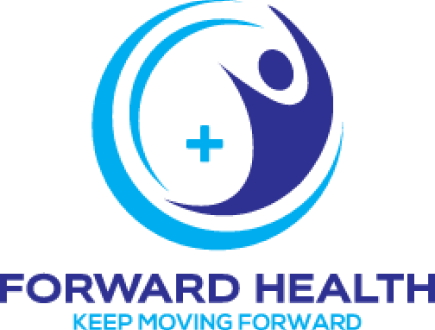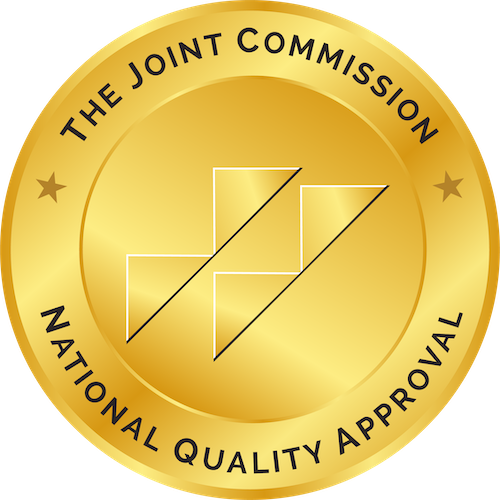International Overdose Awareness Day is observed on August 31st every year. The purpose of this day is to remember those who have died from overdose and acknowledge the grief of the friends and family left behind. It’s also a day to educate the public on the importance of recognizing an overdose and how to help. This is more important than ever as overdose deaths remain high.
Each year, about 100,000 people die from drug overdoses, and opioids are the main driver. Addiction can affect anyone, regardless of their age, race, socioeconomic status or educational background. Therefore, overdoses can happen to anyone. It’s important to be prepared and know the signs of a possible overdose.
What is a Drug Overdose?
An overdose occurs when you take too much of a drug. When there’s an excess of the drug in your system, it begins to overwhelm your brain and body, leading to physical and mental symptoms. Some overdose symptoms are obvious, such as diarrhea or vomiting, while others are not as clear.
For instance, opioids can slow down the respiratory system to the point that a person stops breathing. They may go to lie down and never wake up. Numerous substances can cause an overdose to happen, not just opioids. It’s possible to overdose from alcohol, prescription painkillers, over-the-counter medications, methamphetamines and cocaine.
What are the Signs of a Drug Overdose?
The chances of an accidental drug overdose are high with illicit drugs because it’s hard to know what you are taking and how much you are taking. It’s not uncommon for drugs to be laced with cutting agents or adulterants (i.e., rat poison, laundry detergent, boric acid) to make them go further and cost less. However, these potent chemicals can be deadly.
Here are the four main signs of an accidental overdose:
- Cardiac symptoms. A drug overdose can have a significant impact on the heart. Signs of cardiac arrest include sudden collapse, lack of a pulse, breathing cessation or loss of consciousness.
- Breathing trouble. Opioids are highly dangerous because of the effects they have on the respiratory system. They depress breathing control in the brain, which can lead to slow breathing, loss of consciousness, pinprick-sized pupils and blue/purple fingernails or lips.
- Liver failure. Acute liver failure is possible with an overdose because the liver is constantly having to metabolize the drugs. If it can’t work effectively, you may experience diarrhea, nausea, fatigue, appetite loss and pain in the right side of the body.
- Kidney failure. Kidney failure is another complication of a drug overdose. Even large amounts of OTC pain meds can cause kidney failure. The symptoms include decreased urine output, fatigue, confusion, shortness of breath, fluid retention, nausea and an irregular heartbeat.
Struggling with Addiction? At Rock Bottom? Your Future Starts with Forward Health.
People experiencing an overdose require immediate medical attention. There are some drugs that reverse the effects of the overdose, but they must be given early on. Other treatments may involve fluids, an oxygen machine, activated charcoal and medications to manage symptoms and cravings. Once you are stabilized, you should take the next step to healing.
Forward Health in Ohio is committed to helping our clients move forward. You can start therapy as soon as you have been stabilized – we offer partial hospitalization, intensive outpatient care, standard outpatient care and medication management. Contact us today to learn more about our treatment programs and how we can help you achieve lifelong sobriety.




